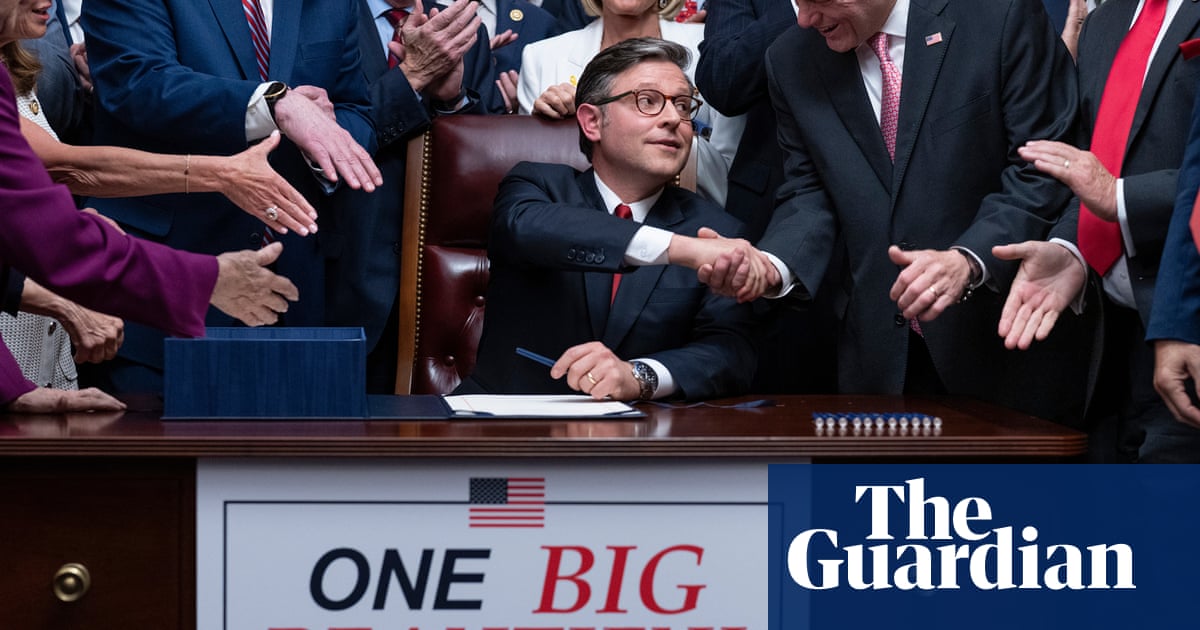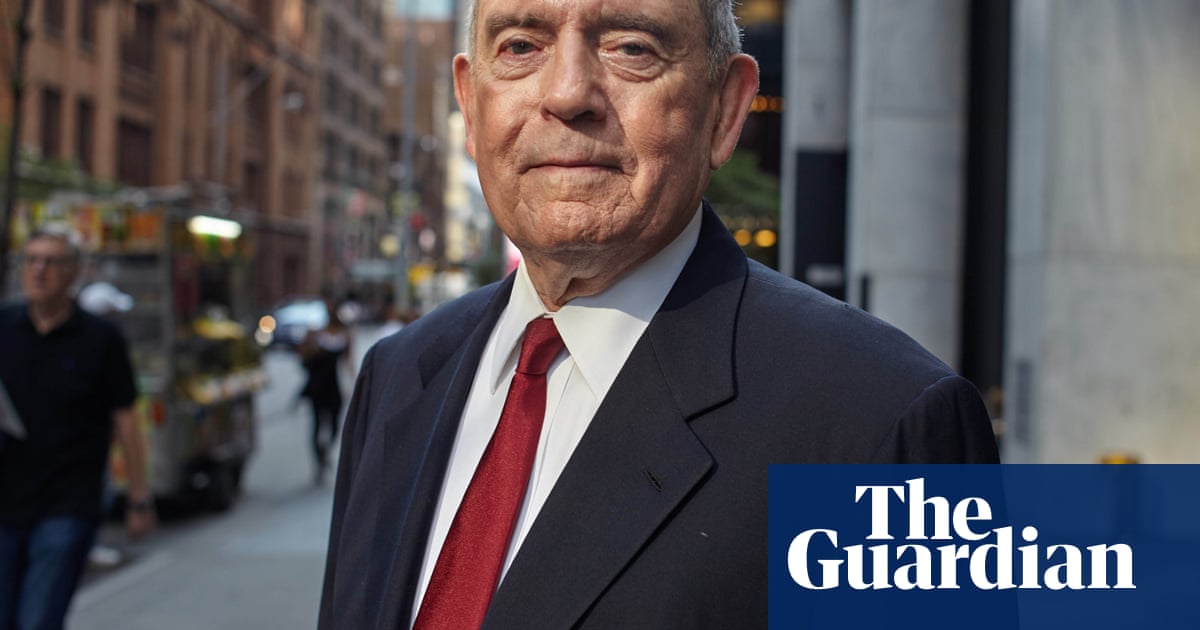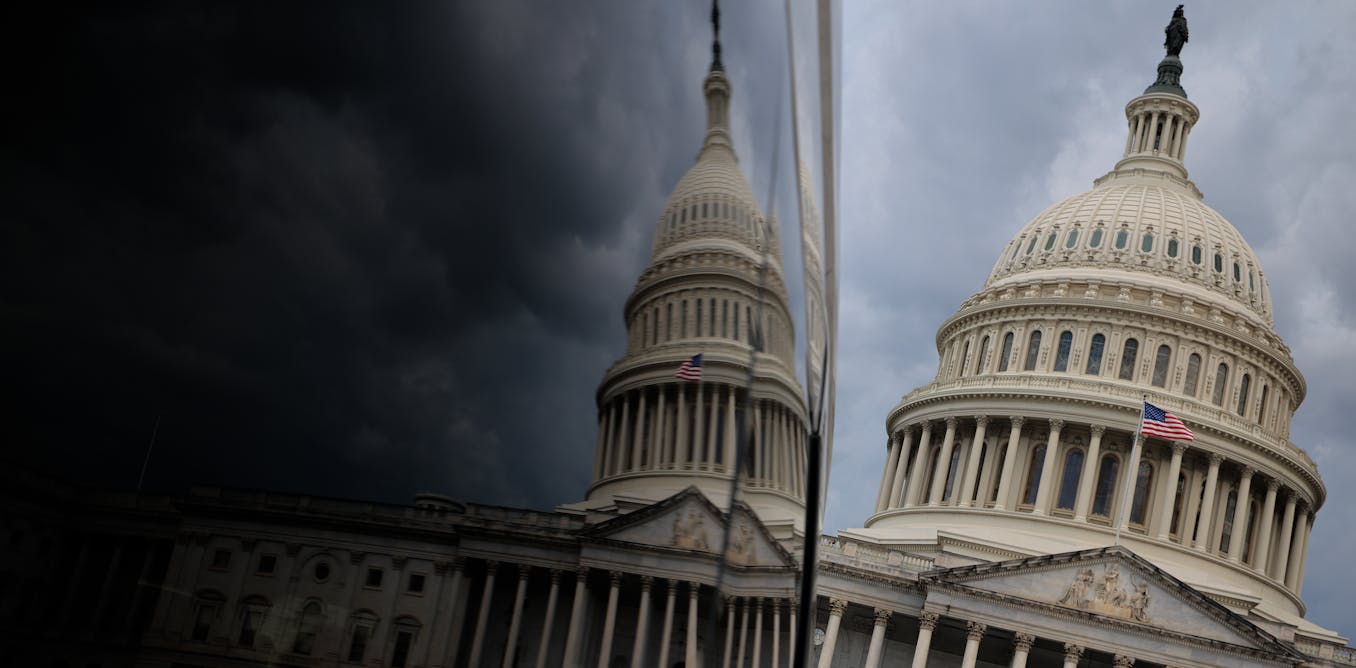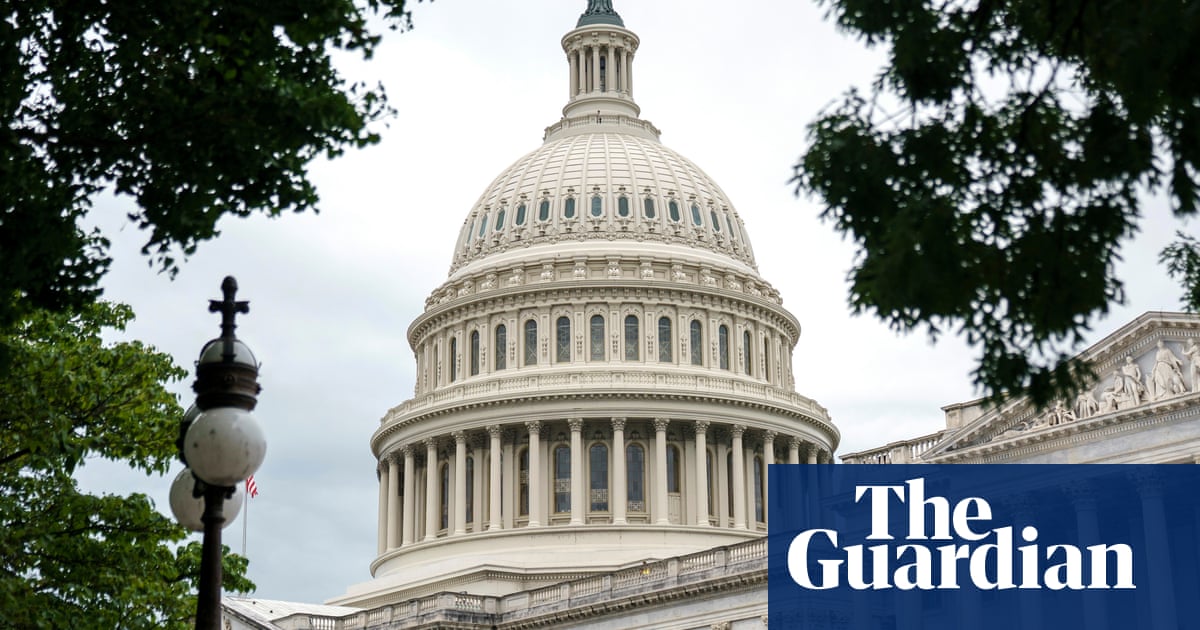I just graduated with a Master’s of Liberal Arts, where I used critical race theory (CRT) as a framework for understanding climate change and its impacts on communities. That’s a mouthful, I know. But this also represents a degree I fought for — through late nights, towering stacks of books, and a growing sense that the world can be a more sustainable and equitable place for all.
CRT has become one of this country’s favorite villains — splashed across the front pages of newspapers, hurled like a slur by politicians, and blamed for everything from school board fights to the supposed unraveling of America.
But here’s the wildest part: despite all the shouting and panic about CRT, almost nobody who is disparaging it can actually tell you what it is.
So let’s get this straight: Critical race theory isn’t some secret curriculum thrust upon grade school students. Developed in the late 1970s and early ’80s by academics, it’s a framework that examines culture, politics, the economy and more through the lens of race. It’s used at the college or graduate school level — if one’s lucky to have professors who dare to ask challenging questions.
CRT asks why some neighborhoods get parks and others get landfills. Why disaster relief comes quickly to certain zip codes and drags its heels in others. Why, after generations, do the same communities keep getting hit hardest by COVID-19, climate change, and every other new crisis?
Laws, policies, and institutions — even if everyone involved in shaping them thinks they’re being fair — are put under a microscope by critical race theorists. That’s because even with the best intentions, systems can still end up treating some groups of people better than others and making life harder for others, often in ways that are challenging to see unless you really look for them. And without critical race theorists, it’s likely we’d have fewer people uncovering this veil that undoubtedly produces unequal lived experiences for non-white people.
The author on graduation day. Courtesy of Charles Orgbon
CRT provides us with the language and history to connect the dots — and the hope that if we see the system for what it is, we can actually make it better. Guided by this vision, I’m not interested in some abstract theory, but the lived reality of who wins and loses in America — and why. CRT gives us tools for tracing those lines. It’s not about blaming anyone for things they personally did or didn’t do. It’s about refusing to accept “that’s just the way it is” as an answer.
Still, almost every time someone hears about my degree, I get the same knee-jerk reactions, especially, “Isn’t that the thing that teaches kids to feel bad about being white?” and “Aren’t you just saying everything is about race?”
I’ve heard these two misconceptions — and many others — from strangers in line at Domino’s, from old friends, from people who seem genuinely scared. I get it. Politicians — including Donald Trump — have spent the last decade turning CRT into a boogeyman, right alongside LGBTQ history, both of which they want to use to scare school boards and corporations into erasing any perspective that isn’t straight, white, and cisgender. They want you to think CRT is a threat. They want you to be afraid.
But let’s be honest: these attacks aren’t just about misunderstanding — they’re about power. The people leading this crusade don’t want us asking tough questions about who gets what. They don’t want to discuss the policies — written and unwritten — that skew things in one direction. They call CRT “anti-American,” but what they’re saying is don’t look too closely, don’t question the rules, and don’t demand change.
That’s why CRT matters. If we can’t ask why climate change is devastating certain communities more than others, or why once redlined neighborhoods are now the hottest places in our cities, then how are we ever supposed to fix these problems? It’s not about shame. It’s about honesty and the belief that honesty leads to action.
And, yes, it is racist to try to shut down these conversations. It’s racist to erase the experiences of Black, brown, queer, and other marginalized people from our classrooms and our laws. The same movement that wants to ban CRT wants to silence any group that complicates their version of America.
The author is pictured receiving his diploma on graduation day. Courtesy of Charles Orgbon
I won’t pretend it’s easy to “out” myself as having studied critical race theory. Universities are backing away from the theory, programs that utilize it are disappearing, and I genuinely wonder if I’ll be one of the last people to graduate with a degree in CRT. It’s no longer hypothetical that a university could be forced to bow to an American president’s desire to shape what is taught in academic institutions — but that just makes this work all the more urgent.
I didn’t get this degree to hide. I plan to use it to ask hard questions, to work for policies rooted in justice, and to help communities demand more than the bare minimum. Whether I’m working in business, public policy, education, or environmental justice, I want to ensure that the problems we’re all living with are acknowledged for what they are and get addressed.
If you’ve been told to fear CRT, I get it, but that’s what those in power would want you to feel. The real danger, however, is a country where we’re too scared to ask why things are the way they are, or to imagine something better.
CRT isn’t a threat to America. It’s a chance for America to live up to its promises for all its citizens. The only people who should be afraid are those desperate to prevent inequitable outcomes from playing out over and over again.
We don’t have to settle for silence or the status quo. We can ask, we can challenge, and we can change. That’s what critical race theory taught me — and why I hope the questions it raises never go away.
Charles Orgbon III’s words have found homes everywhere from Disney, Marvel, the San Francisco Standard, and more. He holds a B.S. from the University of Georgia and an M.A. from Johns Hopkins University. He’s fluent in Spanish, “Will & Grace,” and Critical Race Theory. Follow his writing journey on Instagram @charlesorgbon.
Do you have a compelling personal story you’d like to see published on HuffPost? Find out what we’re looking for here and send us a pitch at [email protected].

 German (DE)
German (DE)  English (US)
English (US)  Spanish (ES)
Spanish (ES)  French (FR)
French (FR)  Hindi (IN)
Hindi (IN)  Italian (IT)
Italian (IT)  Russian (RU)
Russian (RU) 

























Comments